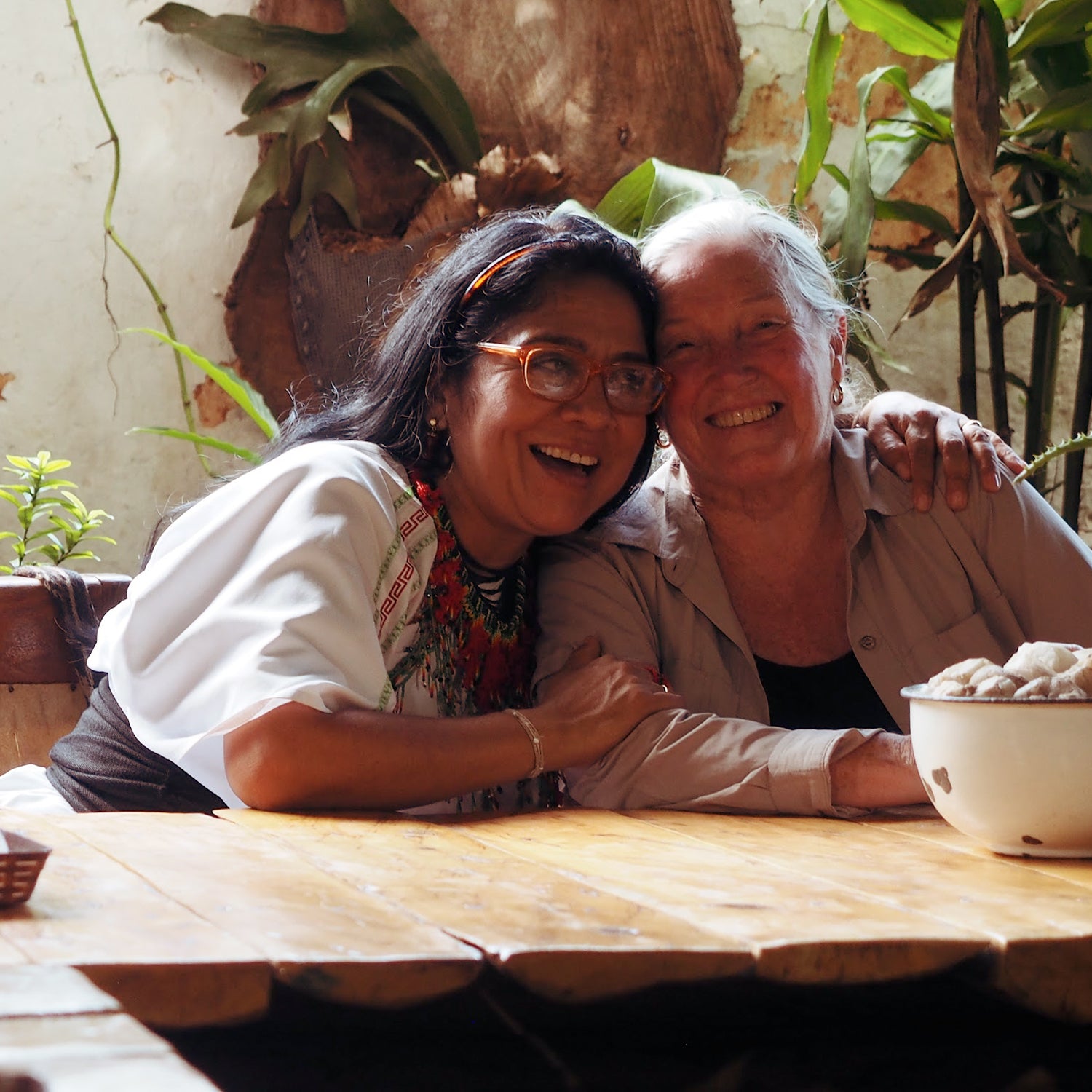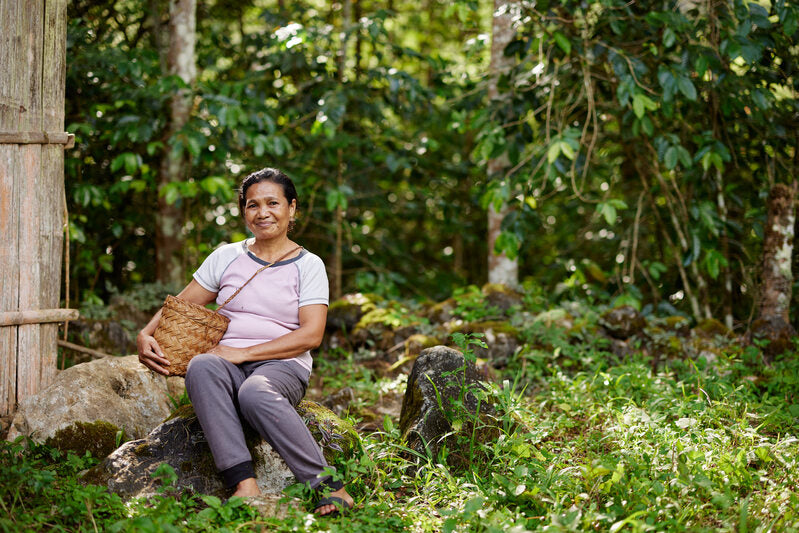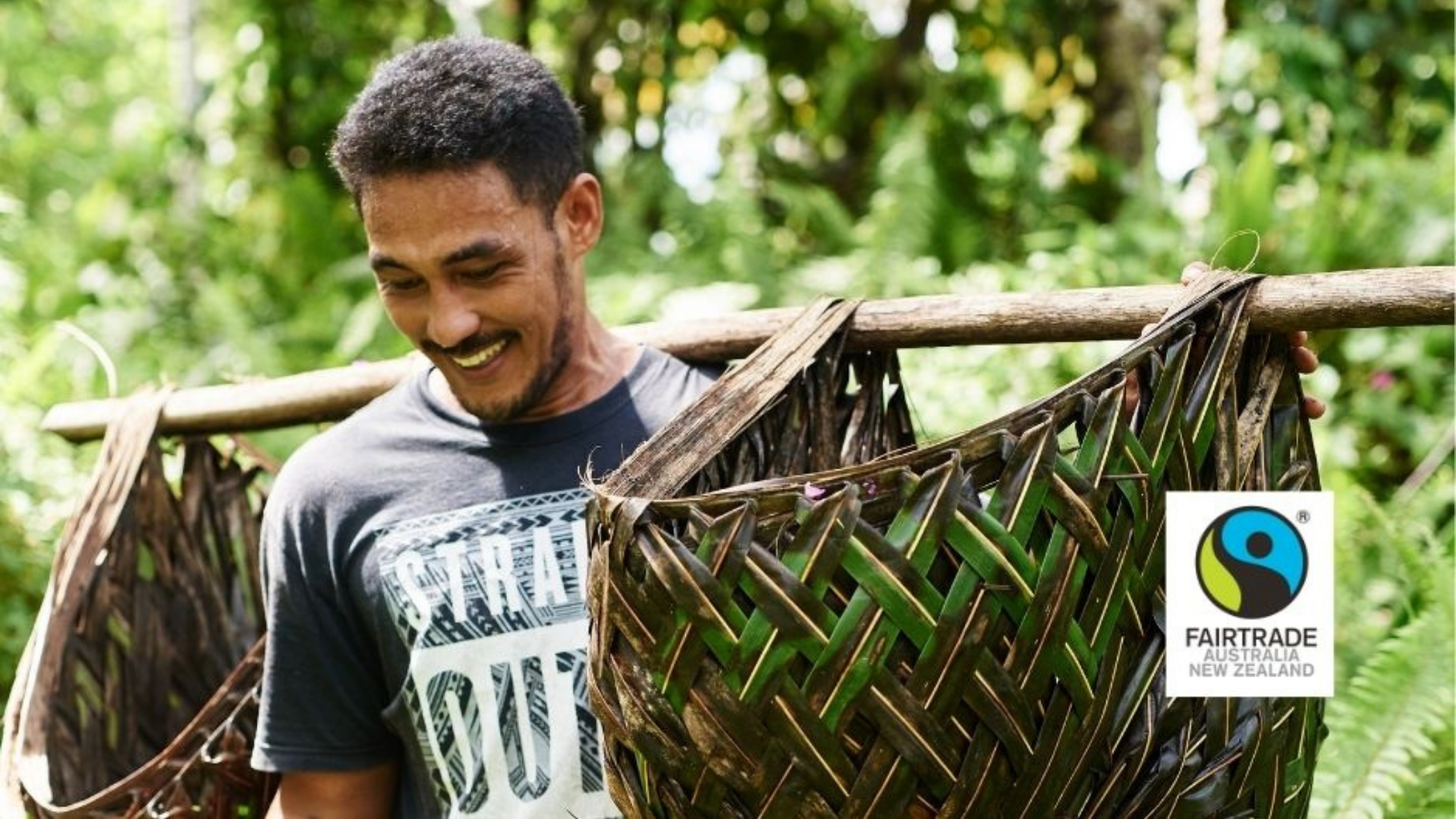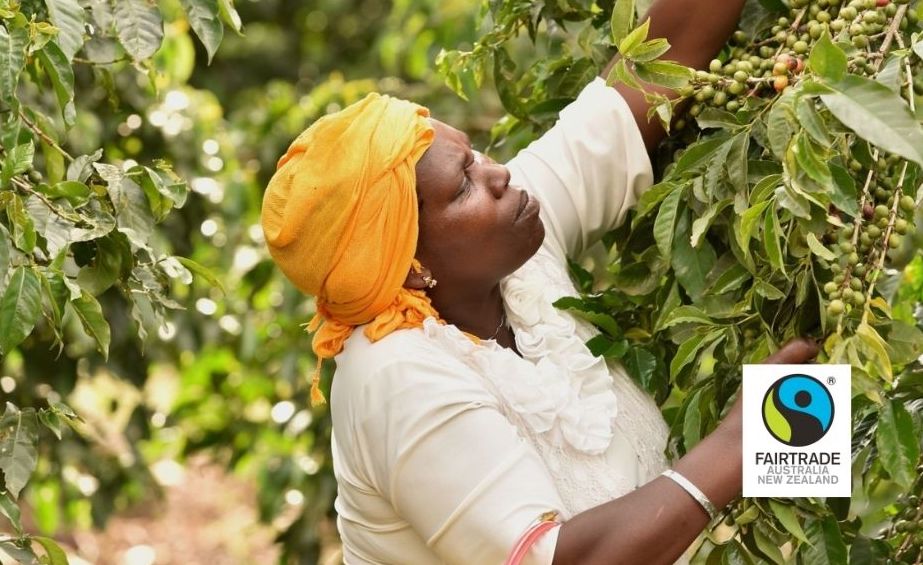As Fairtrade gains momentum in our society, so too do the rumours around this scheme. As part of Fairtrade Fortnight, we’ll be debunking some of the common myths surrounding Fairtrade for good.

Myth 1: Fairtrade doesn’t actually benefit farmers.
This myth is based on the false assumption that Fairtrade farmers earn a percentage of the price you pay at the checkout. When really retailers, not farmers, are responsible for the price you see on the shelf.
In reality, Fairtrade farmers get paid by the co-op, directly after harvest. This guarantees that they’ll get a Fairtrade Minimum Price for their product when selling to buyers (importers or exporters).
Think of it as a safety net, if market prices fall. If the price of coffee drops globally, the Fairtrade Minimum Price guarantees that production costs are covered and that farmers aren’t out of pocket. And when market prices rise, farmers can cash-in and ask for a higher-than-market amount for a higher quality product. Nice one.
On top of this, Fairtrade farming cooperatives get an additional payment called the Fairtrade Premium, designed to be divvied-up for investment in the community. From improving transport and access to health services to upgrading infrastructure to support organic farming methods, the choice is entirely up to the cooperative in how they spend this premium.
Myth 2: Fairtrade products are more expensive than conventional ones.
Fairtrade has gained some serious momentum over the last decade, providing consumers with more choice than ever before. With more brands supporting Fairtrade, there’s healthy competition on our shelves and competitive pricing between conventional and Fairtrade products. Simply look to your local supermarket’s own-label offering and you’ll find Fairtrade options at affordable price points.
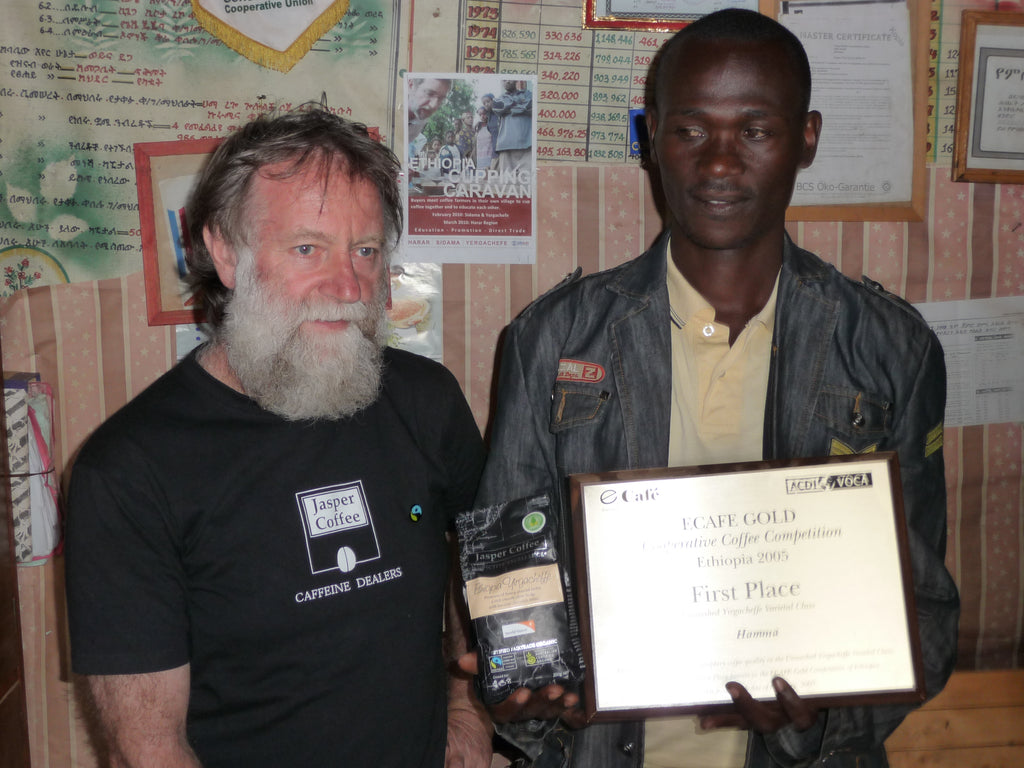
Myth 3: Fairtrade doesn’t guarantee high quality.
Some audiences believe that Fairtrade Minimum Pricing gives farmers little to no incentive to improve the quality of their crop. But quality matters to everyone, producers and consumers alike, and Jasper Coffee’s pursuit for the perfect cup is proof. An obsession with quality has steered our search for unique flavours all over the world: from Nicaragua to East Timor and all the places in between.
Fairtrade cooperatives are constantly working on improving their product because higher-quality attracts higher pricing. Without being locked into fixed market pricing, producers can demand more for a better yield; driving healthy competition and a reason to innovate. On top of that, every Fairtrade co-op has an ongoing commitment to allocate a share of the premium to agronomy improvements in order to achieve a qualitative higher price for the quality of their coffee. As a result, many Fairtrade coffee producers have had their products recognised on the global stage, including our very own Ethiopia Sidamo, taking top origin award at the Specialty Coffee Association awards in 2013.
Jasper Coffee is proudly Fairtrade licensed since 2003 and submits a quarterly licence fee on sales report to the Fairtrade Association of Australia and New Zealand (FTAANZ) as part of this certification. This levy goes towards ongoing audits and checks to uphold the quality of this scheme. In fact the cooperative, exporter, importer and roaster must all be licensed by FLO or FTAANZ and submit reports to maintain traceability, setting the global standard. For more information, head over to our blog on how Fairtrade works; perhaps over a cup of smooth, Sidamo.
Shop Jasper Coffee’s range of certified Fairtrade coffee
Want to learn more? We have a webinar with co-founder Wells Trenfield on 12pm AEST, Thursday 19 August 2021. Join us as we explore how fairtrade works, why it matters and the difference it makes for growers and their communities.
Fairtrade Fortnight (6 - 19 August 2021) is an annual celebration of people, including farmers and families, working to make the world a fairer place. It’s a great time to reflect on the power of our choices to create a better future for the planet and its people. We hope this blog has inspired you to read a little further into Fairtrade practises for the benefit of farmers, consumers and businesses everywhere


